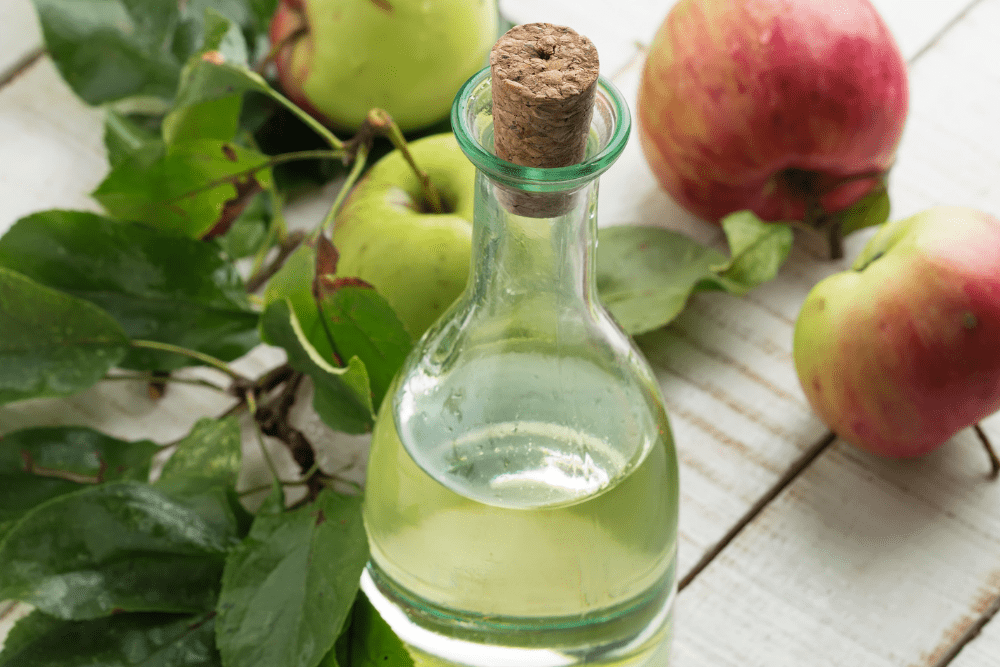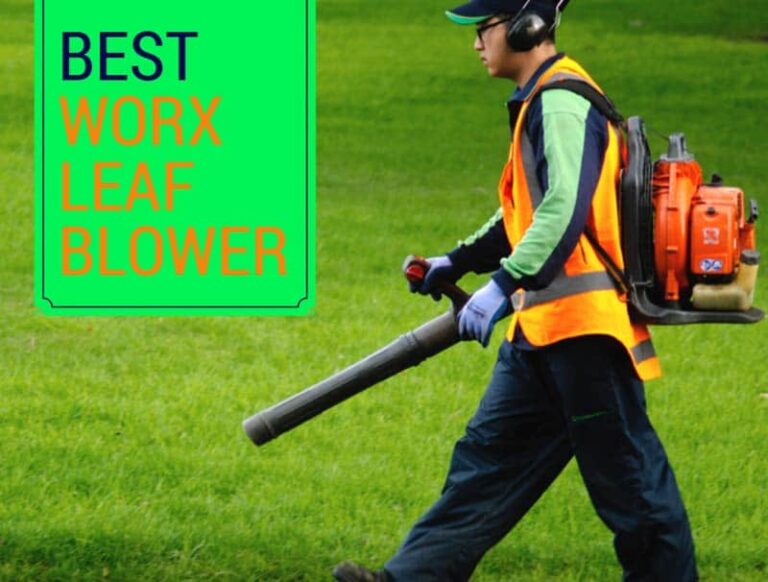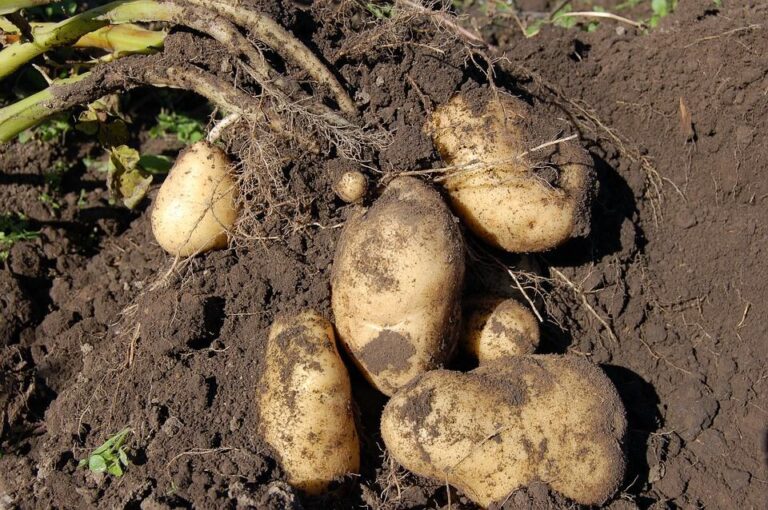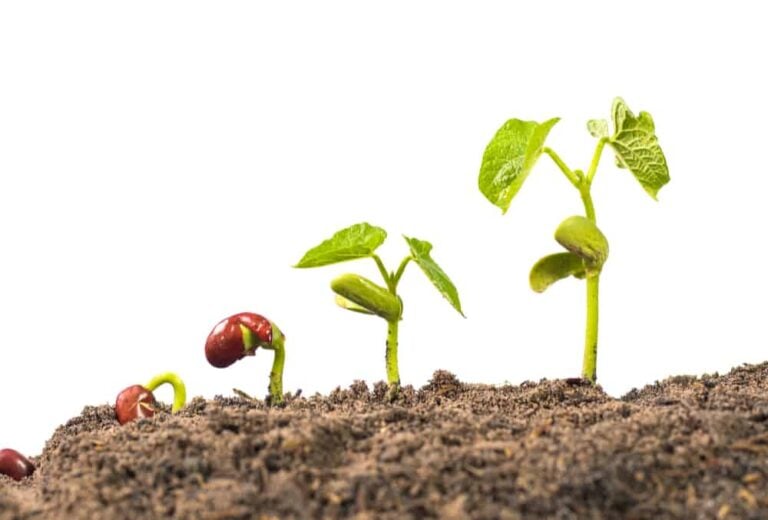How To Use Natural Vinegar Spray For Aphids
Aphids are small insects that usually appear in large colonies that feed on the different parts of a plant. They can weaken plant growth, and cause leaves to curl, turn yellow or drop. Some aphid species can even distort plant stems or cause galls on leaves, roots or stems.
Not only can aphids cause a lot of damage to plants, they also produce honeydew that attracts other unwanted visitors, like ants. Aphids can quickly turn into a pest feeding on outdoor and indoor plants.
Luckily aphids are easy to get rid of with easy natural home remedies, like vinegar spray.
Is Vinegar Good For Getting Rid Of Aphids?
Although other pesticides, such as neem oil spray, are equally effective at getting rid of aphids, vinegar is often much more available, and you may already have it in your kitchen.
Vinegar works as a natural contact pesticide, which means that it clogs up the pores through which aphids breathe and it burns them to death. Vinegar usually contains water and acetic acid that is easy to fill in a bottle and spray on the infested plant to control aphid colonies.
As vinegar spray is a natural aphid remedy, also called a biopesticide, it is much safer to use outdoors and around the house than chemical alternatives.
How Do You Make Vinegar Sprays For Plants
Slow-moving insects, like aphids, love to invade a range of garden plants, like pothos or hibiscus. They even infest vegetables like kale, or small trees, cause damage to leaves, buds and stems.
When you notice an aphid infestation, you can use a vinegar solution as aphid killer.
Before you start spraying your plants with vinegar, you need to check the acid concentration of the spray. If the concentration is too high, you might damage the plant.
That’s why, it is best to use a low acid concentration vinegar, like apple cider vinegar, to get rid of aphids, ants and other bugs. You can also use white vinegar and wine vinegar, all have an acetic acid concentration of around 5%.
Once you mix the vinegar with soap and water, the percentage drops lower and poses no threat to your plants anymore.
What You Will Need For Vinegar Spray?
- 200/300ml vinegar
- 1.8L water
- One tablespoon soap
- A 2L garden sprayer (or spray bottle)
How To Mix The Vinegar Pesticide Spray
- Our roughly one liter of water into your garden sprayer
- Then add a tablespoon of soap
- Now pour in 300ml of the vinegar, and top it off with water
- Shake well, and then spray the solution onto the entire plant
- Repeat the vinegar treatment to get rid of any remaining pests
If you are not sure if your plant is fine with the concentration of vinegar in your solution you can try spraying some on a small area, wait for a while and check what happened.
If the plant starts dropping leaves or shows other signs of wilting, dilute your solution with more water and test again.
If you want to treat aphids infestations effectively, you need to spray the entire plant, particularly under the leaves.
You need to repeat the treatment regularly, ideally twice a week, and in case of rain, you need to re-apply the aphid spray as the water will wash it off.
Aphid colonies like to be near stems and under leaves. When you see dark sooty spots on the leaves you will know aphids are nearby.
And once you spot the aphid infestation in your garden and on your plant, it is important to get rid of it as soon as possible, so the colony is less likely to grow and multiply which could cause more damage to the plant itself but may also spread to other plants.
Mixing Ratio And Plant Safety
As vinegar contains strong acids, it can not only kill insect pests such as aphids, but it can also be dangerous when not used in the right way.
You should not spray undiluted vinegar directly onto any plant. Even lower concentrated apple cider vinegars, which are derived from fermented apple juice, could harm the plant’s leaves and stem significantly.
You should aim to dilute vinegar with water in a 1:3 ratio. While you can spray this solution safely onto your plants and trees, you should be careful not to spray too much or too often.
If you discover an aphid infestation on your indoor plants, you may also want to spray the vinegar aphid killer on their trails. These look similar to ant trails and can be found in windows or near doors. Spraying these areas will prevent the aphids from coming back.
Precautions When Handling Vinegar Spray
Whatever plant you want to treat with vinegar spray, it is best to test the plant’s reaction to the solution. Just spray a small part of the affected area and watch the foliage react.
While we regularly use vinegar in the kitchen for cooking, it is also a great option as natural aphid killer. Environmentally friendly and safe, it doesn’t contain any bad chemicals like toxic pesticides.
There is also no risk of burning your skin if you come into contact with it. And most vinegar-based pesticides have a less-irritating odor than chemical-based products.
Natural Alternatives To Kill Aphids
Some of your plants might be sensitive to the acid in the vinegar. For these plants, vinegar spray is not ideal so you may want to try some other alternatives to control aphid infestations on your plants.

Vinegar Without Spraying
If you do not want to use a spray, there is another clever way to control aphid infestations with vinegar.
Aphids are naturally attracted to the color yellow, so take a yellow bowl, fill it with some distilled vinegar and place it as near to the aphid colony as possible. The aphids will find their way to the bowl and die in the vinegar.
This is a really plant-friendly aphid solution as the vinegar doesn’t touch any part of the plants.
Dislodge Aphids With High-Pressured Water
Aphids only lightly sit on trees and plants, so you can easily dislodge them by using water at a high pressure. Use your garden hose at a high-pressure setting and direct it onto the stems and leaves where the aphids are sitting.
This will throw them onto the ground where they are more vulnerable to predators, like ants and spiders.
Unfortunately dislodging the aphids is only a short-term option as the aphids can slowly climb back up the plant. A more permanent solution would be an effective aphid spray.
Dust Your Plants With Diatomaceous Earth
Diatomaceous earth is often used to kill insects, like mealy bugs, thrips and aphids, in gardens and on lawns.
In order to kill aphids, you can dust the infested plant with diatomaceous earth. Ensure you cover all the surfaces so the aphids come into contact with it. It takes between 10-12 hours for the insects to die and fall off.
Vinegar And Castile Soap
If your plant is severely affected by aphids, you might need to try something stronger than vinegar to kill the aphids. Castile soal contains strong chemical compounds that are great at killing aphids. Combined with vinegar, this is a very powerful natural aphid killer.
You can make this vinegar and castile soap recipe by mixing a spoonful of castile soap with a liter of water in a bucket. Then add a spoonful of white vinegar into the bucket and stir the mixture thoroughly.
Then pour the solution into your garden sprayer and spray it onto the areas affected by aphids.
Make sure you also target the underside of leaves as the aphids like to sit there. Next rinse off any excess castile soap from the plants with water. You can use your garden hose for this.


![Best Small Greenhouses (Ultimate Guide [year])](https://properlyrooted.com/wp-content/uploads/2022/10/image00-46-1-768x532.jpg)


